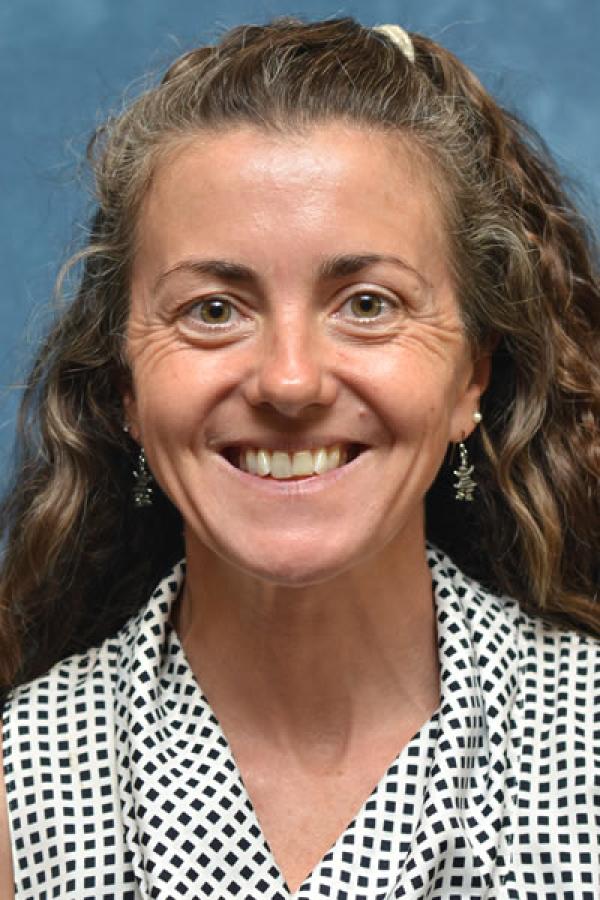Jeanne Bonner

Photo by Olivia Drake
Bio
Jeanne Bonner is an essayist, literary translator, and writing instructor. She studied Italian at Wesleyan University and has an MFA in writing from Bennington College as well as an MA in Italian literature from the University of Connecticut. In literary translation, she focuses on overlooked Italian women writers. She won the 2018 PEN Grant for the English Translation of Italian Literature for her translation-in-progress of Mariateresa Di Lascia’s novel Passaggio in Ombra. She also won a fellowship at the New York Public Library to translate the works of Italian transnational writer Edith Bruck, and to study other analogous Italian women writers. Her translations have appeared in Asymptote Journal, Consequence, and the Kenyon Review. She is also an essayist. Her personal essays have appeared in the New York Times, the Boston Globe, Catapult, Longreads, Brevity, and CNN Travel. She has written about Italian literature for Literary Hub and the Ploughshares blog.
Project Description
To support the translation from the Italian of the short story collections We’ll Go to the City and Two Empty Rooms by Edith Bruck (b. 1932), the author of more than a dozen novels, short story collections, and works of nonfiction. Bruck was born in Hungary and later settled in Italy, and is known as a committed Holocaust witness who has visited Italian schools to share her experiences.
If my life were a novel, the central moment dividing the action into “the before” and “the after” would be the year I left for a semester abroad in Italy. Nothing in my life has ever been the same since. I fell in love with the Italian language, and graduated with a degree in Italian literature from Wesleyan University.
Immediately following graduation, I decamped to Italy where I solidified my fluency and forever became someone with feet planted in two different countries. I have long since returned to the U.S., but I have never ceased reading Italian literature even after embarking on a journalism career that continues to this day. And I have never ceased to dream that one day I would translate a work of Italian literature into English. The grant from the National Endowment for the Arts gives me hope that I can live out this dream.
Since turning my attention to literary translation, I’ve focused exclusively on work by women authors. I am especially drawn to important Italian writers who have been overlooked or under-translated by the Anglophone world, and I see the NEA grant as an endorsement of this mission since only some of Edith Bruck’s work is available in English, and she absolutely deserves a wider audience. Indeed, Italian women writers are translated less frequently than men, and in particular, there is a dearth of writing by women who, like Bruck, survived the Holocaust.
Bruck’s work speaks to our need to recount our experiences and make sense of evil. In her case, she has spent a lifetime telling others about “the brutal, eternal pregnancy” that Auschwitz represents for her. And I consider it an honor to translate her words so that her most vital message reaches more people.

